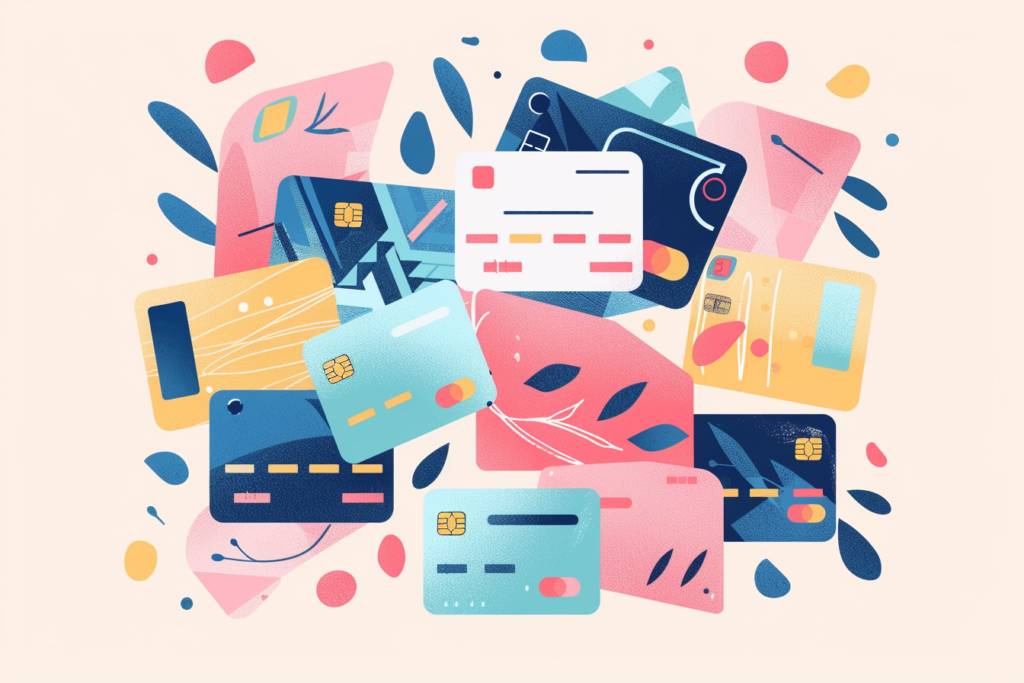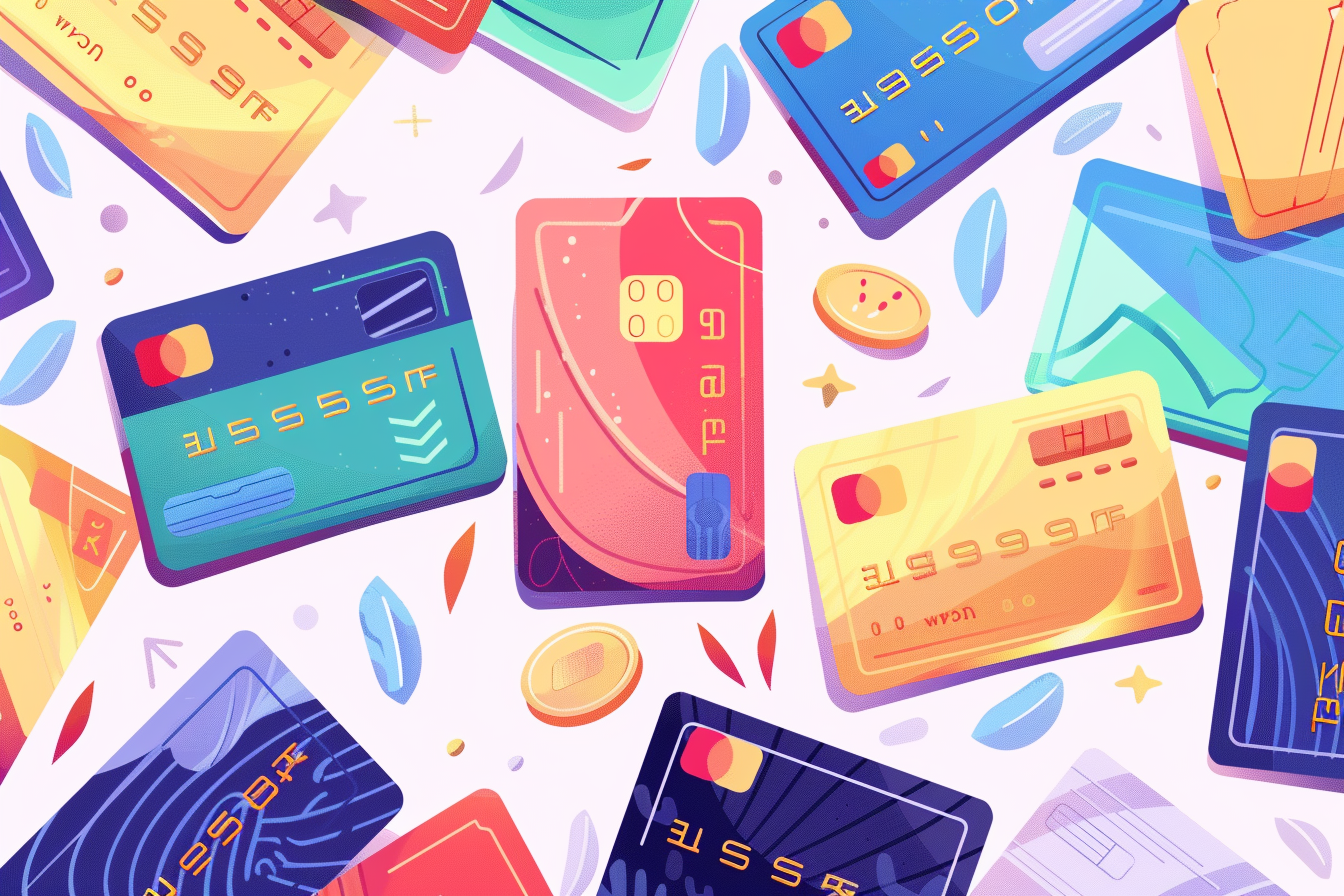Navigating the world of credit cards can be daunting, especially when faced with choices like secured and unsecured credit cards. Understanding the differences between these two types of credit cards is crucial to making an educated decision, aligning with your financial goals and current situation. We will explore the nuances of secured vs. unsecured credit cards, helping you determine which option is best suited for your needs.
What Are Secured Credit Cards?
Secured credit cards are designed for individuals looking to build or rebuild their credit history. These cards require a cash deposit, serve as collateral and typically set your credit limit. For example, if you deposit $1,000, your credit limit will likely be $1,000. This deposit minimizes the risk for the issuer, which makes secured credit cards more accessible to those with poor credit or zero credit history.
Pros of Secured Credit Cards:
- Credit Building: Secured cards are a powerful tool for improving or establishing credit, as issuers report your payment history to the credit bureaus.
- Higher Approval Odds: The required deposit reduces risk for the issuer, making approval more likely even with a low credit score.
- Controlled Spending: Your spending limit is directly tied to your deposit, which can encourage more responsible credit use.
Cons of Secured Credit Cards:
- Upfront Deposit: The initial deposit can be a barrier for some, especially if funds are tight.
- Lower Credit Limits: Your credit limit often equals your deposit, which may be lower than unsecured card limits.
- Potential Fees: Some secured cards have higher fees, so reading the terms carefully is essential.
What Are Unsecured Credit Cards?

Unsecured credit cards are generally what you think of when you think of a credit card, and they do not require a security deposit. Credit limits are based on your creditworthiness, including your credit score, income, and debt-to-income ratio. These cards often come with different rewards programs, cashback, or travel perks. They all very, and oftentimes have, sign-up bonuses or rewards, so it is worth comparing to see which one will make the most sense for your needs and spending habits.
Pros of Unsecured Credit Cards:
- No Deposit Required: You can open an account without tying up funds in a deposit.
- Higher Credit Limits: Credit limits are generally higher, providing more flexibility for purchases.
- Rewards and Perks: Many unsecured cards offer rewards, such as cashback, points, or travel benefits.
Cons of Unsecured Credit Cards:
- Higher Credit Requirements: These cards typically require a good to excellent credit score, making them less accessible to those with poor credit history.
- Potential for Higher Interest Rates: You may face higher APRs with unsecured cards depending on your creditworthiness.
- Risk of Overspending: There’s a greater risk of accruing debt without the spending limit tied to a deposit.
Which Card Is Right for You?
If you’re new to credit or looking to boost your current credit score, a secured credit card could be the best starting point. You can gradually build your creditworthiness by making timely payments and demonstrating responsible credit use.
Unsecured credit cards offer the advantage of higher spending limits and the opportunity to earn rewards on purchases for those with established, good to excellent credit.
Key Considerations
- Fees: Always compare fees, including annual fees, application fees, and any hidden charges.
- Interest Rates: Look at the APR (Annual Percentage Rate) and consider how it affects costs, especially if you plan to carry a balance.
- Credit Reporting: Ensure the issuer reports to all three major credit bureaus (Experian, TransUnion, and Equifax) for the most benefit to your credit score.
FAQs about Secured and Unsecured Credit Cards
Here are a few commonly asked questions about secured and unsecured credit cards.
Who should consider a secured credit card?
Individuals with no credit history or those looking to rebuild a poor credit score may consider a secured credit card. Since the card requires a deposit to secure the credit line, lenders are more willing to offer these cards to people with less-than-ideal credit.
Do secured credit cards have fees?
Some secured cards come with annual fees, application fees, or other charges. It’s always important to read the terms and conditions carefully before applying.
What happens to my deposit if I miss a payment on a secured credit card?
Missing a payment usually leads to late fees and interest charges, which may negatively impact your credit score. The deposit is generally used as collateral only if the account is closed or defaults, not for regular missed payments.
Will unsecured credit cards be approved with bad credit?
It is possible but challenging. Some lenders offer unsecured credit cards for individuals with poor credit, often with higher interest rates and fees. It’s crucial to compare options and understand the terms before applying.
How can I transition from a secured to an unsecured credit card?
Many issuers review secured credit card accounts periodically. If you have a good track record of timely payments and responsible usage, you might be eligible to upgrade to an unsecured card, often with the same issuer, and have your deposit returned.
Conclusion
Choosing between a secured and an unsecured credit card ultimately depends on your individual credit situation and financial goals. For those working to build or repair credit, secured cards offer a viable pathway, while unsecured cards provide additional benefits and rewards for those with established credit histories.
Regardless of your path, responsible credit management—paying bills on time, keeping balances low, and regularly monitoring your credit score—is key to achieving and maintaining financial health. By understanding the distinctions and carefully evaluating your options and needs, you can select a credit card that supports your financial journey, opening doors to greater opportunities and financial stability.
You might also be interested in: Credit Card Safety: 10 Tips For Protecting Your Finances From Fraud And Scams







